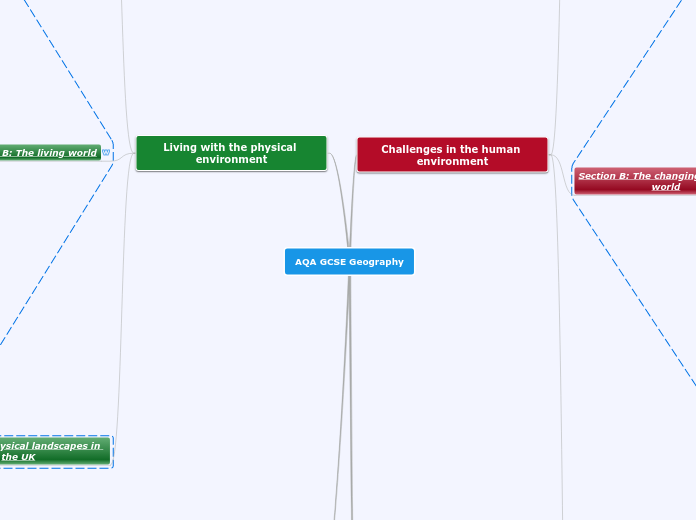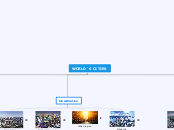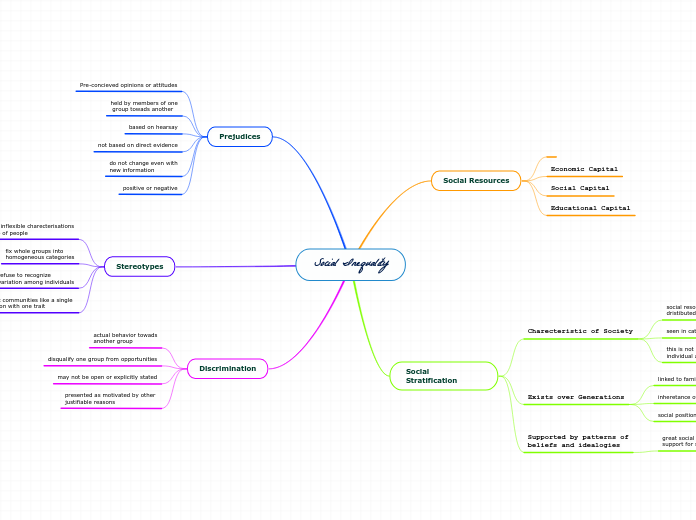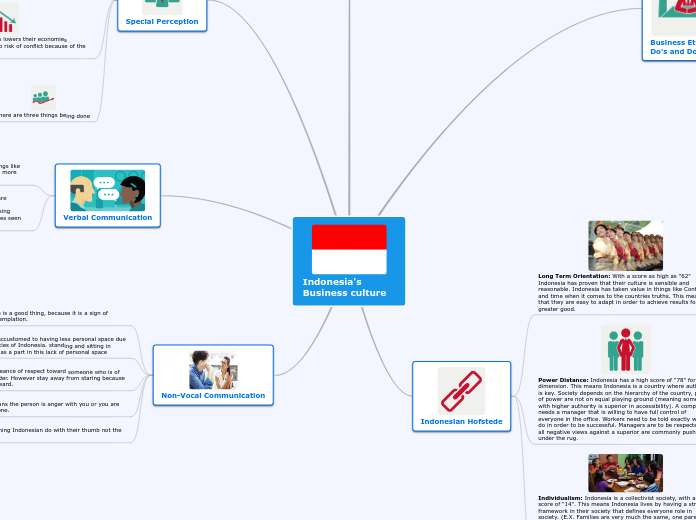por EH - 12WV 959009 Rick Hansen SS 2 anos atrás
224
Vietnam
The concept of power distance describes how individuals in a society view hierarchical relationships. In Vietnam, a high power distance manifests in the acceptance of inequality and structured authority, contrasting with countries like Canada where low power distance and equality are emphasized.









